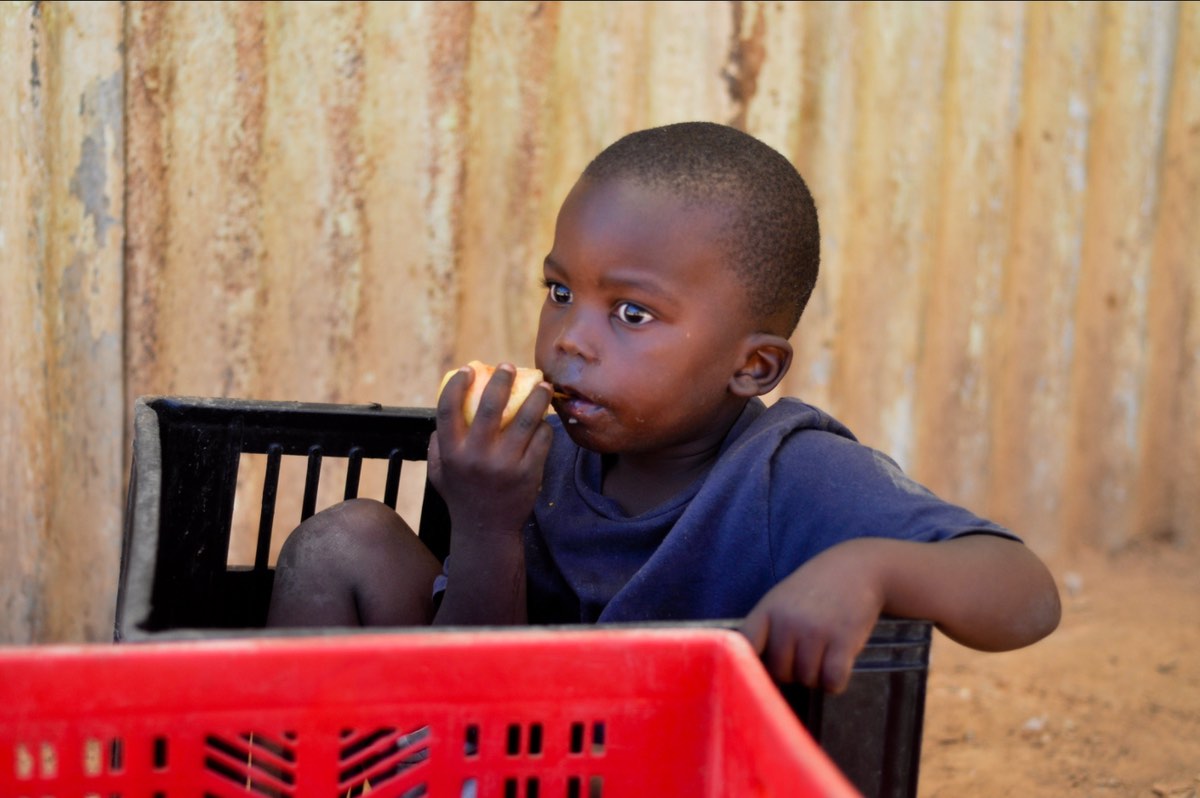According to Alan Fuchs MPL, the Gauteng Department of Health’s efforts to reduce the mortality rates of children under 5-years-old due to malnutrition have failed.
The Gauteng Department of Health third-quarter report for the 2021/22 financial year, shows that targets to reduce mortality rates at District, Regional and Central hospitals have not been met.
The South African Child Gauge, published annually by the Children’s Institute at the University of Cape Town, refers to malnutrition in children as “slow violence”.
Lawrence Haddad, Executive Director of the Global Alliance for Improved Nutrition supports this view. He says, “It would take a powerful malevolent force to inflict havoc on a child in the way that malnutrition does. Let’s put it plainly; malnutrition systematically destroys a child: it damages their chances of survival, their cognitive development, their immune system, their bone and muscle structure and their livelihood prospects.”
‘Stunting’ is the damaged growth and development that a child experiences due to poor nutrition and inadequate psychological and social stimulation.
Mr Alan Fuchs MPL, says “The reality is that early childhood malnutrition can be prevented when all stakeholders in society, led by the government, work together. How is it possible that in a country that has the resources South Africa has, that the malnutrition stunting rate is 27% and that it has been at this level since 1999? This equates to about 1.5 million children. Kenya’s stunting rate has been reduced by 50% and is now lower than South Africa’s.”
The South African Human Rights Commission calls for a commitment from the government to create a food system that is child-centred, pro-poor, pro-health and sustainable. The SAHRC suggests that “radical transformation” is required with regards to how government carries out this work.
“We need to ask the question as to how a politician in government can go to bed at night and have a good night sleep’s while being aware of the pain, indignity and suffering caused by malnutrition” says Alan Fuchs.
Mr Fuchs added that urgent and decisive interventions are required from government to define a single all-encompassing policy and to set up special purpose bodies to coordinate the interventions of all role players and monitor progress. “In addition, school feeding schemes must be strengthened and utilised as mechanism to feed children and the child support grant must be increased” says Fuchs.

